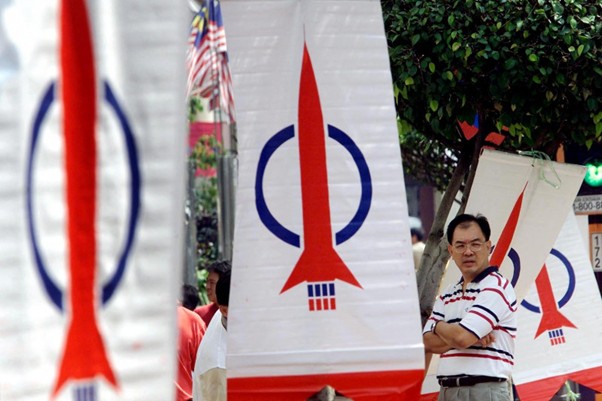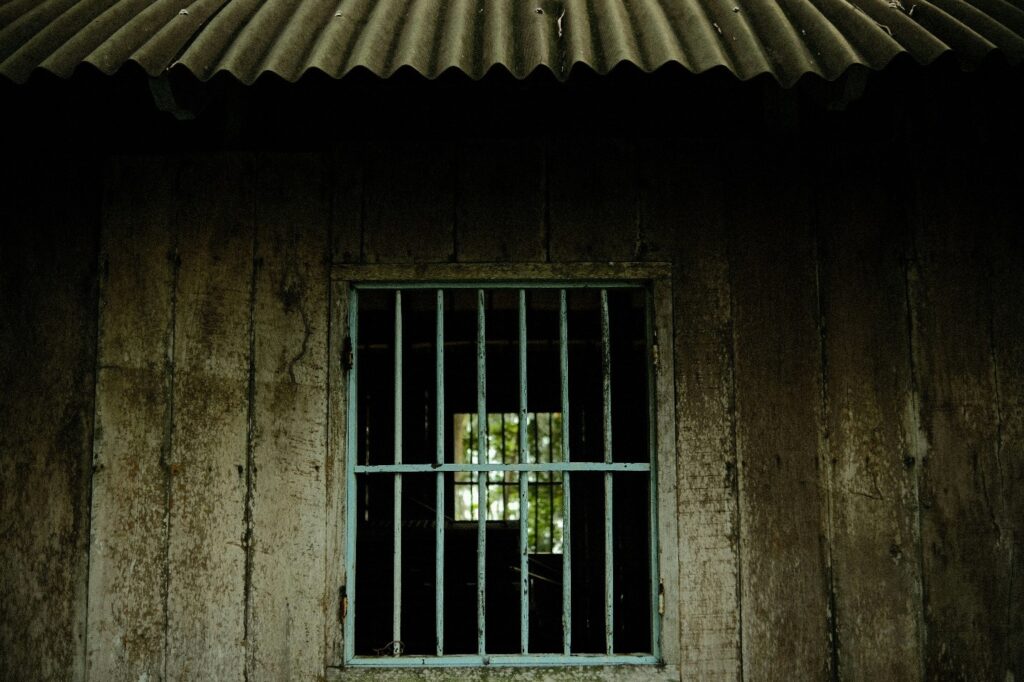Join us on 24 April 2025.
Climate change has globally imposed unprecedented impacts on the countries in the Global South. Brunei Darussalam has now been taking new steps forward to cope with the climate changes.

Join us on 24 April 2025.

In this chapter, hear an audio recording of a conversation with Ya, a hamba habshi.

Results of DAP’s internal election underscore the party’s evolving role within Malaysia’s ruling coalition and the challenges of coalition politics.

Indonesia’s revised military law raises concerns over transparency, civilian roles and governance.

High tariffs are imposed to bring others to the negotiating table.

Thailand’s deportation of Uyghur detainees has strained ties with the United States and drawn backlash from human rights groups.

Ya, an African slave from Mecca, recalls her life in Terengganu, revealing a hidden chapter of local history.
Climate change has globally imposed unprecedented impacts on the countries in the Global South. Brunei Darussalam has now been taking new steps forward to cope with the climate changes.
Febri recounts his tribulations to Raqqah and his family’s subsequent escape from IS.
In this candid interview, Febri shares his and his family’s motivations to move from Indonesia to live under the Islamic State’s rule in Raqqah, Syria.
Despite the pandemic, violent extremism remains a perennial threat. Governments must now integrate non-legal measures with their legal framework to effectively combat this threat.
The Philippines has upheld international law on the South China Sea. President Rodrigo Roa Duterte declared that the 2016 Arbitral Award “is now part of international law, beyond compromise and beyond the reach of passing governments to dilute, diminish or abandon.”
Despite Malaysia’s cautious approach to the recent Afghan development, it could face challenges such as the deepening of socio-religious cleavages and incitement of both violent and non-violent extremism.
The recent death of Jaka Ramadhan, a MIT member, highlights how this violent extremist group continues to garner support throughout Indonesia.
Is a small, peace-loving country with constraints in its capabilities, in the face of a big power’s blatant disregard for good neighbourhood policy condemned to accept such behaviour?
The recent Taliban takeover in Afghanistan could reignite a “second front” discourse in Southeast Asia. However, the potential associated threats to Malaysia’s security need to be contextualized with the current threat environment.
Is Malaysia’s preference for quiet diplomacy in the South China Sea dispute sustainable? The numerous challenges and limited options it faces in responding to China suggests a need for reassessment for the long-term.